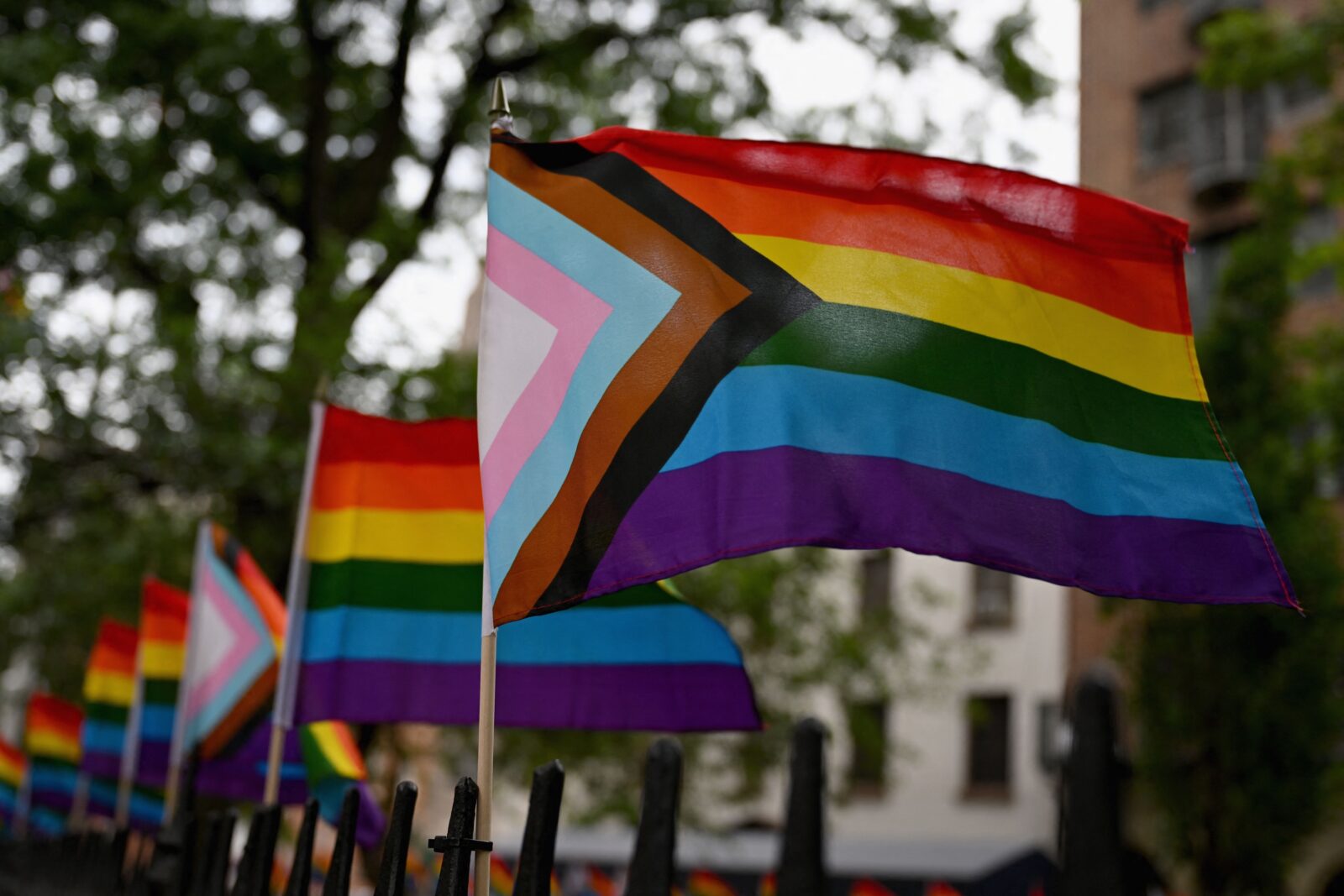The Bethany Town Council unanimously voted to prohibit anti-LGBTQ discrimination in housing, employment and public services Wednesday evening.
The council passed a new ordinance known colloquially as a fairness law, which expands nondiscrimination policies locally.
These ordinances provide residents protections from discrimination on the basis of sexual orientation or gender identity, which are omitted from the West Virginia Human Rights Act.
The small Brooke County community is not alone in passing protections for LGBTQ residents. Eighteen other municipalities across West Virginia have passed local fairness laws as recently as 2022.
LGBTQ advocacy groups like Fairness West Virginia say these laws demonstrate that West Virginia communities welcome diversity, and are taking proactive steps to support LGBTQ residents.
The laws “telegraph to the entire state, and entire country, and the world for that matter, that those communities are inclusive places to live and raise a family,” said Executive Director Andrew Schneider.
Schneider said Fairness West Virginia works with communities to spread awareness about local fairness laws, but that community organizers in Bethany took initiative in pushing for the policy.
“Bethany’s leaders stepped up to protect their LGBTQ friends and neighbors,” he said. “They proved yet again that no community is too small to welcome everyone.”
The idea for the Bethany ordinance arose when Erin James-Brown, a local community leader and West Virginia transplant, learned that the state lacked codified protections against anti-LGBTQ discrimination.
James-Brown serves as pastor of the Bethany Memorial Church, which is “an LGBTQ+-affirming church,” she said. “We have queer people in (our) leadership and we celebrate marriages. They’re an essential part of our life as a church.”
After hearing about Fairness West Virginia’s advocacy work, James-Brown said she approached members of the Bethany Town Council with the idea of passing a non-discrimination ordinance for LGBTQ residents.
Over the course of several months, James-Brown said she watched as the council worked through the policy and, ultimately, settled on a law to pass.
In addition to supporting LGBTQ residents, this brings opportunities for new businesses and tourists to come to the small town, James-Brown said.
“To have it passed, I just broke out into applause,” she said. “The responses I’ve gotten are text messages from people just saying how excited they are.”
Beyond advocacy on the local level, Schneider said his organization has encouraged state lawmakers to pass a fairness law for the entirety of West Virginia.
Fairness laws have been introduced in the West Virginia Legislature before, with a bill prohibiting anti-LGBTQ discrimination proposed just months ago at the start of the 2024 legislative session.
But these bills rarely get traction, despite support from advocacy groups. This year’s bill was sent into a committee on the first day of the regular session, where it sat for all sixty days.
Despite setbacks like these, Schneider said that the success of fairness laws on the local level shows growing support for the LGBTQ community across West Virginia.
“We hope that, eventually, (as) more communities adopt these laws, it will put increasing pressure and influence on their state legislators to take the action to get the law passed statewide,” he said.
